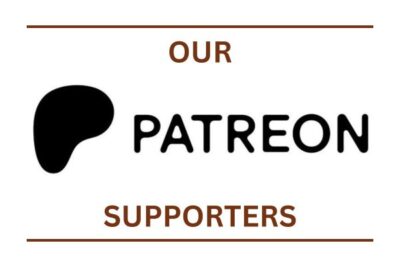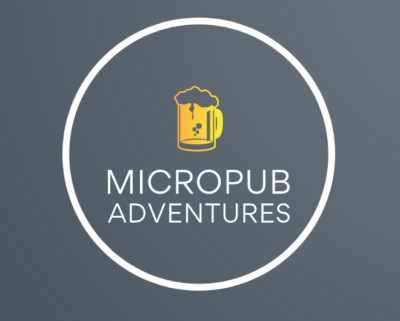A recent survey by CGA by NIQ for UKHospitality, the British Beer and Pub Association, the British Institute of Innkeeping and Hospitality Ulster has revealed that thousands of Britain’s pubs, restaurants and hotels have run out of cash reserves, leaving them in a ‘perilous state’. Here, Sarah Taylor, licensing partner with Keystone Law, explains how licensed premises can be protected from insolvency, especially as an insolvency event causes a premises licence to lapse.

Sarah Taylor, licensing partner at Keystone Law
It is an incredibly challenging time for the hospitality industry, and unfortunately it is only set to get worse, based on the results from the survey. Not only is the cost of living crisis impacting businesses, they also have to grapple with higher energy prices and the fact younger people are not drinking in the same quantities, if at all, as previous generations. Licensed premises have been left to fend for themselves after the support provided during the pandemic ended, and so it is no surprise that many are facing insolvency.
Many operators and insolvency practitioners are unaware that an insolvency event causes a premises licence to lapse, and that swift action must be taken to ensure that premises licences are preserved.
Under the Licensing Act 2003, an insolvency event causes an immediate lapse of the premises licence. For example, if the company holding a premises licence enters administration, the premises licence lapses at the point in time where the appointment of administrators is approved. The business will generally continue to trade while in administration, but unless the premises licence is transferred or an interim authority notice is applied for, the business will be trading without a valid premises licence and therefore an offence will be committed.
If a licence is not transferred in time, or if an interim authority is in place but the requisite subsequent transfer does not take place within three months, the licence will be permanently lost, and it will be necessary to make an application for a new premises licence.
It may not always be possible to secure the grant of the licence upon the same terms as the previous licence. Often, if the locality has changed and, for example, residential accommodation has been built alongside hospitality premises, it is common for representations to be received from local residents with concerns regarding the potential for public nuisance or crime and disorder.
Once the life blood of cities and towns across the UK, the hospitality sector is going to have to continue grappling with these challenges in the months and years ahead.
• Sarah Taylor, is a licensing and hospitality expert at Keystone Law, advising businesses and individuals on all aspects of licensing law and licensing strategy. She frequently represents a wide range of clients including national pub and restaurant operators, hotels, entertainment and live music venues, nightclubs, and café chains.





